
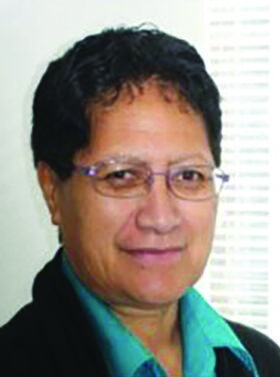 |
Māori nurse Anamaria WateneClinical nurse manager at Tauranga Hospital’s kaupapa ward Anamaria Watene says it’s vital internationally-qualified nurses (IQNs) are competent to work with tāngata whenua when they come to work in Aotearoa. “According to the research and evidence, caring for indigenous peoples necessitates clinical and culturally competent health-care workers,” she says.
|
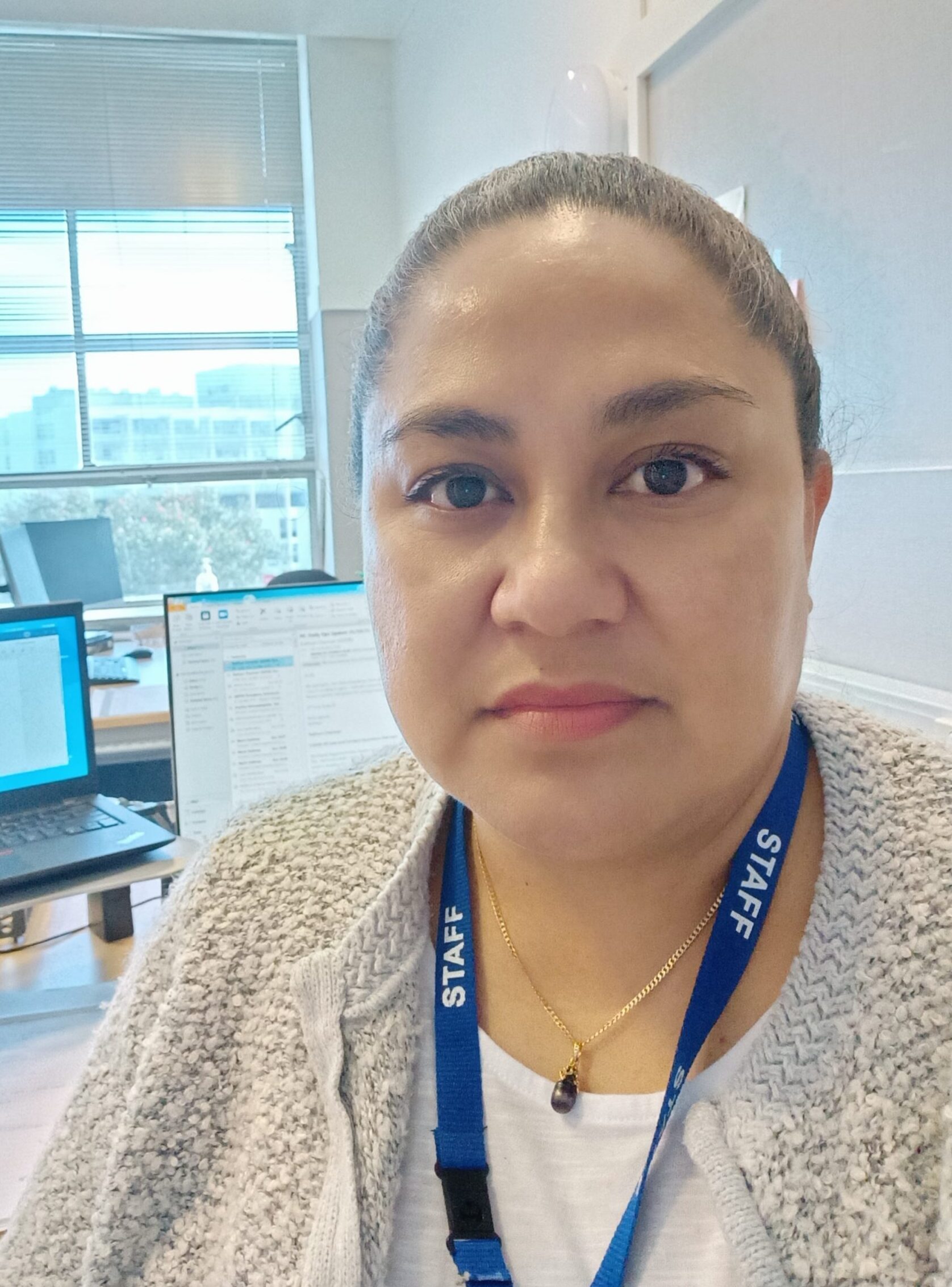 |
Pacific nurse Mareta Pesata-SimanuSamoan-trained senior nurse Mareta Pesata-Simanu, who has 20 years’ nursing experience in the Pacific region, says the English writing test is “ridiculously” hard and the process to register in New Zealand is “long and expensive”. She tried twice to pass since moving here last year to join her husband and is currently working as a public health support worker in Auckland while she figures out her next move.
|
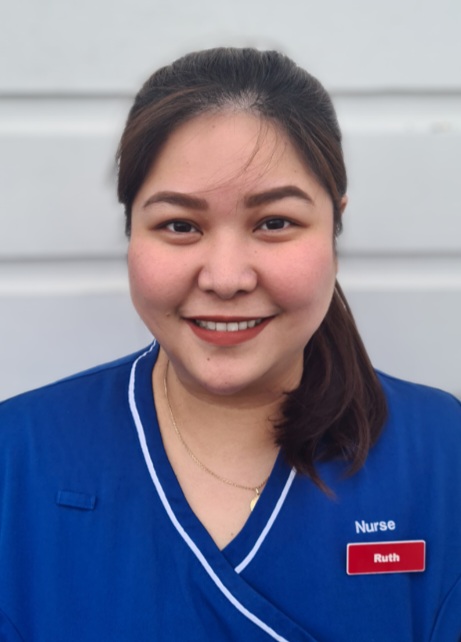 |
Filipino nurse Ruth Anne CruzRuth Anne Cruz says the new professional and cultural education module would be invaluable to IQNs adapting to New Zealand’s culture. “I’ve been raised in a country where I don’t get to speak up. But now I’ve learned it’s not how it is, and I appreciate that.”
|
Compulsory cultural competency training for internationally-qualified nurses (IQNs) is “a step in the right direction” but long overdue, says Tauranga clinical nurse manager Anamaria Watene.
The Nursing Council announced earlier this month that cultural competency training will be part of a new pre-entry training module for all IQNs by 2024 — one of many sweeping changes to both ease and bolster the registration process for overseas nurses amid a New Zealand workforce shortage estimated at 4000-plus nurses.
Watene – who works at Tauranga Hospital’s kaupapa ward, where many staff are local tāngata whenua and speak or are learning te reo Māori – said it was “critical” Māori were involved and the training was high level, “not a 101 lesson”.
“This is important because they are communicating with and acting as advocates for Māori, so we have to be assured that they are culturally safe to do that.”
“Before [in the Philippines] I just need to know if they’re a Muslim or Christian, those are just my options. Here I have to consider the traditions and the cultures.”
In her kaupapa ward, patients’ whānau are welcome and rongoā — traditional Māori medicine — is available alongside conventional. She says it is “critical” IQNs get “rigorous education and professional development and demonstrate cultural competency and kawa whakaruruhau”.
Watene — who was re-elected this month to the NZNO board — is calling on the Nursing Council to work with NZNO’s Māori nurse membership committee Te Poari on the learning module “as we represent the largest Māori nursing roopu”.
Addressing inequalities
Nursing Council director of policy Nyk Huntington said while the council received “very few” complaints over lack of cultural competence, “we’re also aware that addressing structural inequalities for Māori in health care requires nurses to develop a relatively deep appreciation of what concepts such as ‘cultural safety’ mean in our specific context. Introducing IQNs to kawa whakaruruhau is one example of that”.

Grounded in the work of Dr Irihapeti Ramsden (Ngāi Tahu, Rangitāne), the Nursing Council’s definition of kawa whakaruruhau went beyond cultural safety to address equity issues across the health and disability sector, Huntington said. “At its heart is Māori patients, their whānau, hapū and iwi.”
Recent research1 suggested IQNs themselves found “significant value” in learning about te Tiriti, te ao Māori “and what that means for their practice”, Huntington said.
Watene said questions remained over the new training:
- Who will evaluate competence? It must be Māori.
- Should an IQN not pass or qualify, what happens?
- Who will prove education and monitoring, and ensure there is ongoing professional development in this?
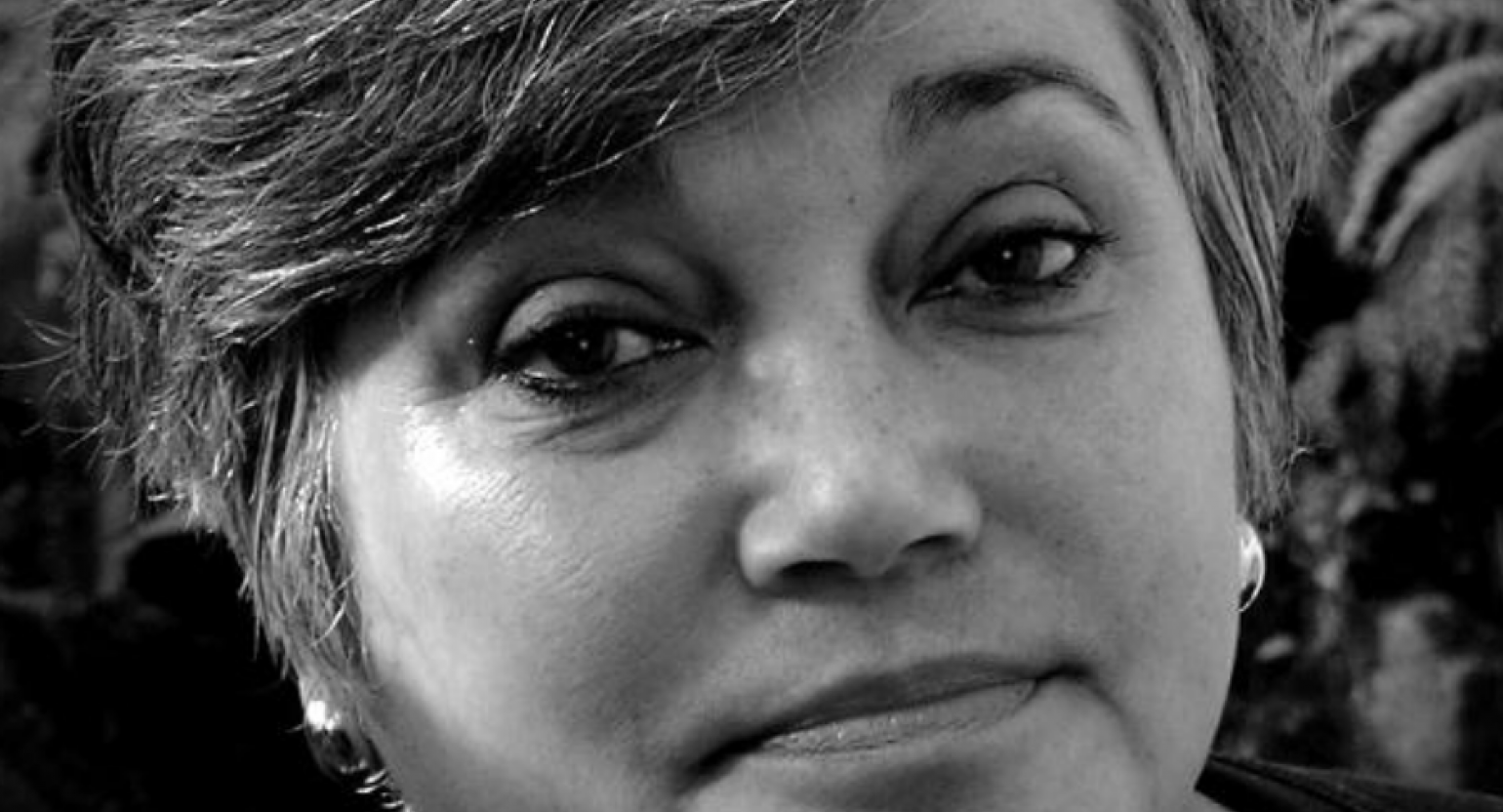
Culture shock
Wellington IQN Ruth Anne Cruz said the new pre-entry professional and cultural competency training would be incredibly helpful for IQNs preparing to work in New Zealand.
“Before [in the Philippines], I just need to know if they’re a Muslim or Christian, those are just my options. Here I have to consider the traditions and the cultures. It would be nice to understand everything first, because if you don’t know things it’s kind of hard to work.”
“It’s very frustrating – I want to help people with the skills I have as a nurse.”
It was also a different professional culture for some IQNs, who had been taught to follow doctors’ orders. “I’ve been raised in a country where I don’t get to speak up. That’s my whole life of practice – the hierarchy, just applying what the doctor is ordering. But here I feel I have the privilege to make my own decision – it’s different.”
Huntington said the cultural safety education would be part of a broader orientation in New Zealand’s health system and “what are some of the expectations of our nursing practice and what’s distinctive about nursing in New Zealand.
“For example, if an IQN comes from a health culture where doctors have a huge amount of authority and power and you don’t question them, the learning module will be explaining to them that in New Zealand we expect nurses to be relatively autonomous practitioners. And that’s not just a matter of what we expect of you, it’s what others will expect of you.”
Prioritising Pasifika nurses
Samoan-trained nurse Mareta Pesata-Simanu has struggled to get registered since moving here to join her husband last year, despite more than 20 years’ nursing experience in Samoa and Tokelau, including senior management roles. She began her credentialling verification process (CGFNS) but then gave up after failing two IELTs (international English language testing system) exams – renowned for their difficulty. The tests cost $439 each time, and the credential checking another $500 or so.
“According to the research and evidence, caring for indigenous peoples necessitates clinical and culturally competent health care workers.”
“It’s a lot. We’re renting [in Auckland] and there are other bills to pay . . . Then I started working in public health and I thought ‘oh, I’ll give it a rest for now’.”
Pesata-Simanu said it was “frustrating” to be working as a support worker when she could be helping people as a nurse. She is saving up for a third crack at the English test – this time the OET (occupational English test), which is more expensive at $500 but health-specific.
The lost nurses
NZNO Pacific Nursing Section (PNS) chair ‘Eseta Finau says Pacific-trained nurses who are not registered to work in Aotearoa are being exploited. “They know they are registered back home, so they give them the work of an RN and they get paid peanuts – that’s not on.”
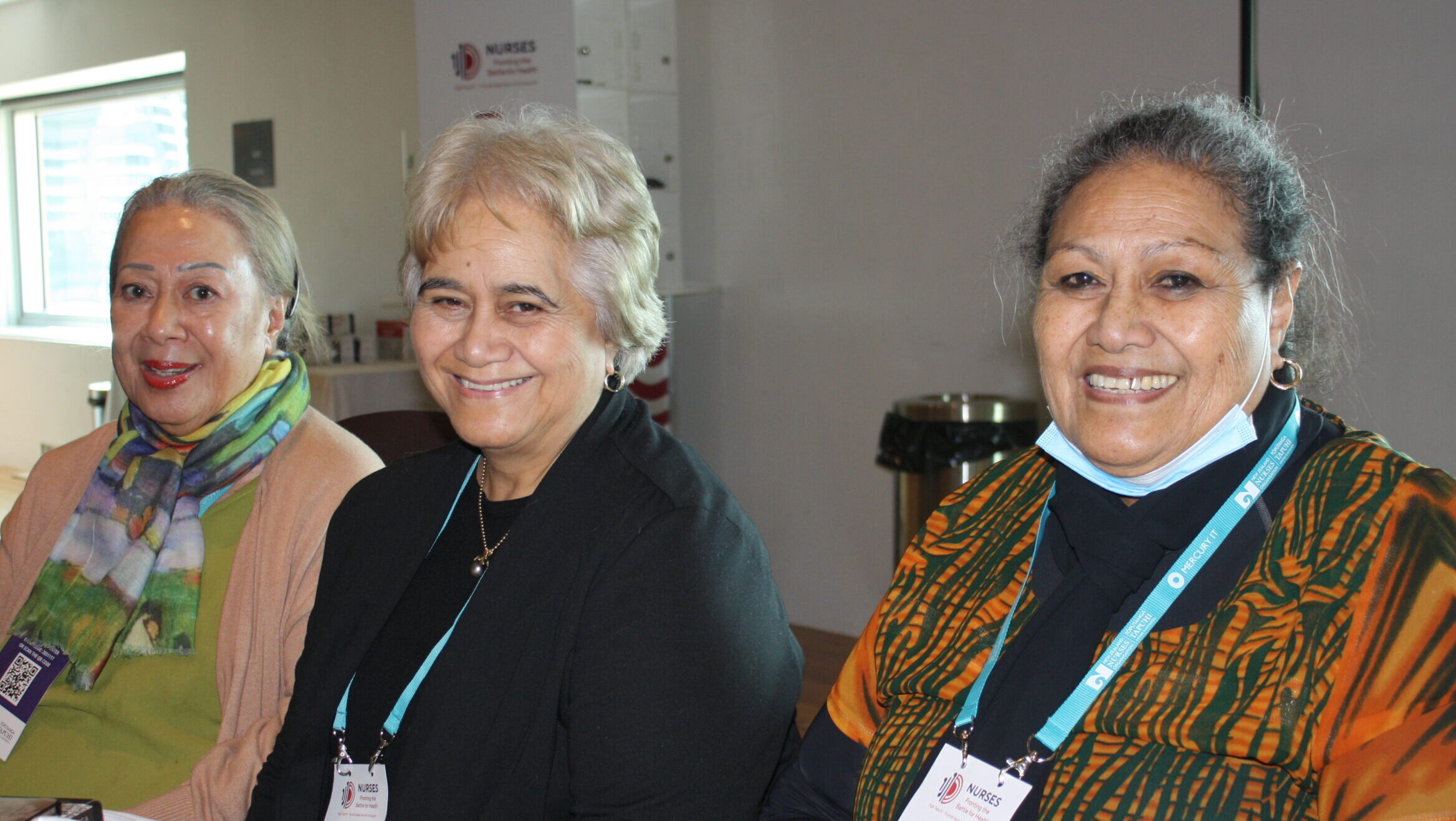
According to Nursing Council statistics, Pasifika make up 3.8 per cent of all RNs, yet the Pasifika population of Aotearoa is 7.4 per cent. Only 2200 of NZNO’s 55,000 or so members identify as Pasifika. The unregulated health workforce is estimated to be the largest group of Pacific health workers in New Zealand.2
Finau said more support was needed to encourage Pacific-trained nurses into New Zealand. Many failed the “expensive, stringent” English test and gave up. “So they have had to work as cheap labour in rest homes while they pursue registering in New Zealand.”
Ethics of taking away Pacific nurses?
But there was also an ethical issue at play, “taking nurses from places like Samoa and Fiji” which needed their nurses. She suggests a two-year placement or exchange, where Pacific-trained nurses can come and get experience in New Zealand.
“It would be good if they could encourage an exchange – the [NZ] students could go and learn about Tonga at the same time the Tongan students can come and experience the environment here. In that way they both learn and benefit.”
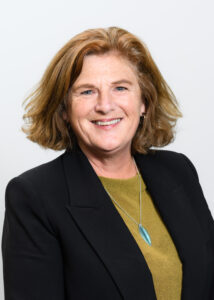
Nursing Council chair Catherine Byrne said the council would be looking at a “fair and safe” pathway into New Zealand for Pacific-trained nurses over coming months. We would think that the qualifications of some Pacific countries are very very similar to the BN qualifications here in NZ, which would means that developing a pathway to registration could actually be relatively simple for some Pacific countries.”
A recent fono – hui – in July with Pacific nursing leaders helped the council understand the challenges and possible ways forward, Byrne said. “We’ve started those conversations, those connections, so our next steps are engaging with that group again and working out what a pathway may look like.”
New bridging programme for Pacific nurses
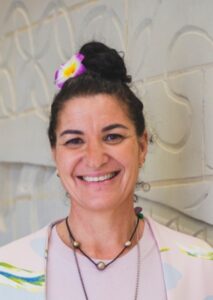
Whitireia Community Polytech head of Pacific nursing Tania Mullane hopes some of the lost nurses will be shepherded into the workforce through a new bridging programme, specifically designed for Pacific-trained nurses who have been unable to obtain registration here.
Subject to Nursing Council approval, the 18-month post-graduate diploma in Pacific nursing is due to launch in 2023. It will be open for Pacific-trained nurses with New Zealand residency who have worked at least two years in their home countries. Te Whatu Ora scholarships will be available, Mullane said.
Unlike previously, it will not require students to pass an English test such as IELT or OET – however, they will need to pass the state exam at the end, said Mullane. It was hoped that over 18 months they would reach the English standard required, she said.
‘Thousands’ of IQNs working in unregulated workforce
Philippines-trained Wellington nurse Ruth Anne Cruz got her registration here last year after 10 months working as an health-care assistant, and now spends a lot of time guiding others through the process.
The drop in the written English standard – which took effect straight away – was “appreciated . . . most of the problems are with the writing” and it would help New Zealand be more competitive in the global nursing market.
“It was the only hurdle I had. I kept procrastinating, I was like ‘oh I’m so afraid to take the exam, I’m afraid to fail it, because it’s expensive . . . and reviewing for that exam is kind of tedious, while working as well.”
“I’ve been raised in a country where I don’t get to speak up. That’s my whole life of practice – the hierarchy, just applying what the doctor is ordering. But here I feel I have the privilege to make my own decision – it’s different.”
Ashburton caregiver Amy Bughao – a trained nurse from the Philippines – agrees. She failed her writing test five times, before giving up in 2017, more than $1000 out of pocket. By then her time away from nursing had been too long for council requirements and she found caregiving work in aged care, working at level 4 under RN supervision.

Through a Facebook support group, Bughao estimates at least 2000 Philippines-trained nurses are in a similar position as her.
She is thinking about trying again, since Te Whatu Ora (Health NZ) launched an IQN CAP fund of up to $10,000 to help IQNs with competency assessment programme costs, including English tests, in return for a two-year bonding period with an employer.
“I really wanted to help New Zealand,” says Bughao — however, only those who successfully pass will be reimbursed, which makes it risky. “I’m just worried, what if I go through the process and I don’t pass my English, what’s going to happen?”
Te Whatu Ora’s Return to nursing support fund also provides up to $5000 for IQNs already working as care and support workers in New Zealand to practise as nurses.
Changing rules for ‘fair but safe’ pathways for overseas nurses
Byrne said the recent changes — announced under intense public pressure after Health Minister Andrew Little spoke of the need to “ease” IQN processes, will balance patient safety while dismantling “unnecessary” barriers to IQNs.
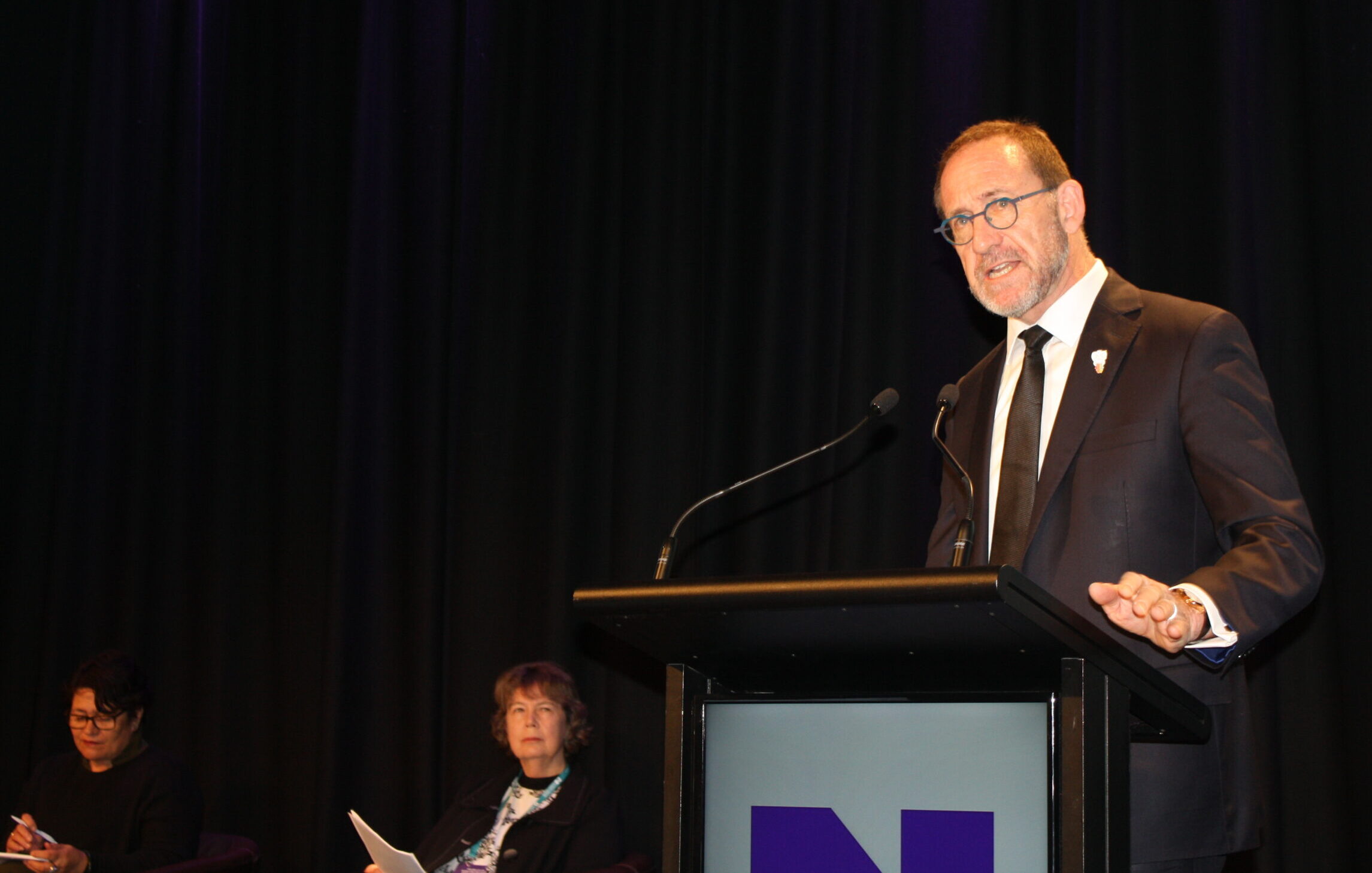
In August, it lowered the written standard on the English test. Then in September it announced new professional and cultural pre-entry training, alongside plans for an exam and direct clinical assessments to replace credential-checking by 2024.
IQNs will no longer be required to have practised for two years before applying, but will still need one year of post-qualifying experience.
The council was also looking at “expedited” pathways from countries with similar standards such as Canada, Ireland, Singapore, the United Kingdom and the United States.
References
- Clubb, A. (2022). Internationally qualified nurses’ perceptions of how the New Zealand registered nurse competency assessment programme enabled transition to clinical and culturally safe nursing practice in Aotearoa New Zealand (thesis). Auckland University of Technology.
- Pacific Perspectives. (2013). Pacific Health Workforce Service Forecast — Report to Health Workforce New Zealand and the Ministry of Health.


